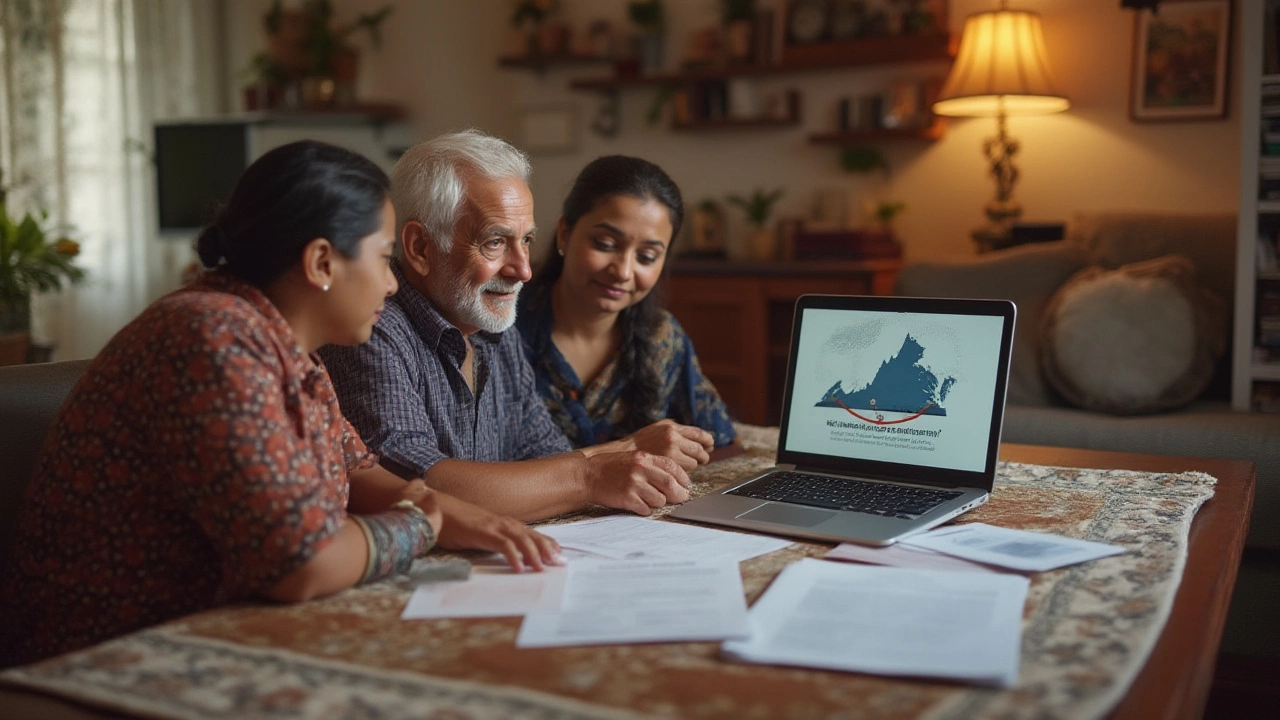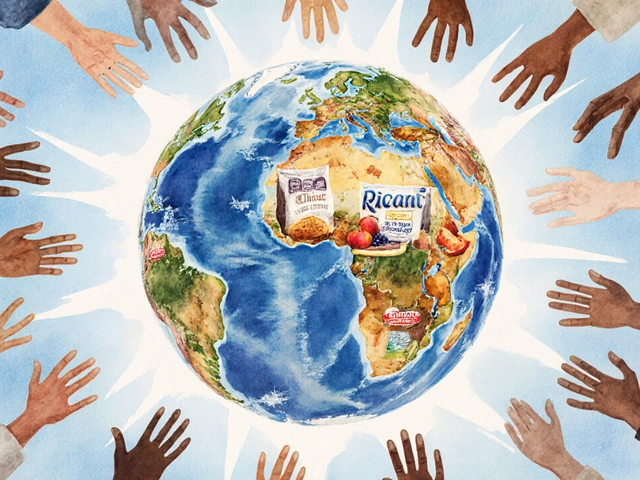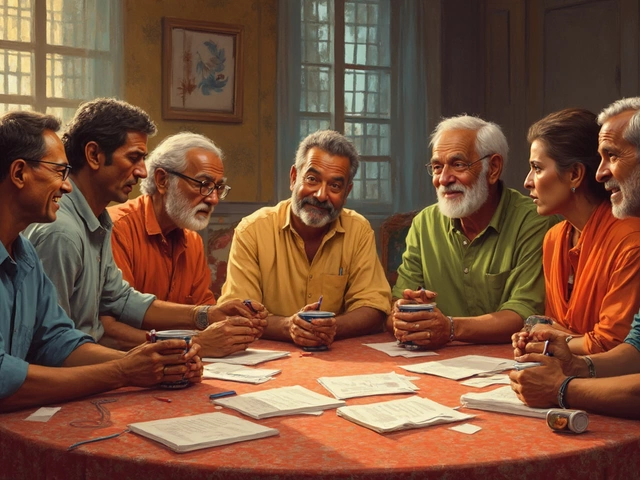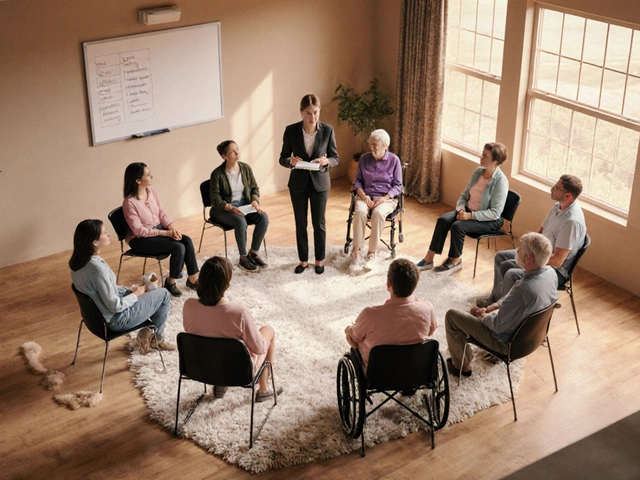Picture this—a vibrant 73-year-old living alone, taking care of her cherished garden, but struggling to afford fresh groceries and prescription refills. For so many older adults in Virginia, the golden years get tangled up in a web of bills, healthcare gaps, and tough choices between daily essentials. Some people think there might not be much help out there, but Virginia’s got a surprisingly comprehensive safety net for seniors. The Virginia Assistance Program for Seniors’ main goal is to support folks who’ve spent their lives building up communities, so now they can stay healthier, happier, and more independent as they age.
Understanding the Virginia Assistance Program for Seniors
You might be wondering: is this just another government program with endless paperwork? Not quite. The Virginia Assistance Program for Seniors is an umbrella term for a set of state-backed programs designed specifically for people aged 60 and above. These cover everything from food and nutrition, in-home care, medical help, utility support, to transportation. The magic here isn’t a single giant pool of money, but a web of partnerships between the Virginia Department for Aging and Rehabilitative Services (DARS), local agencies, federal dollars, and some non-profits playing a huge role.
Here’s what sets Virginia apart: since 2021, over 1.4 million Virginians are 60 or older, and that group is growing by around 3% a year. With such a big and rapidly aging population, the programs are built to be flexible and adapt as needs change. The programs focus not just on immediate help, like covering heating bills in the winter or meals in a time of crisis, but long-term stability—think housing, independence, companionship, and chronic condition management. While eligibility depends on your income, age, and sometimes disability status, most services aim to reach seniors with limited means or pressing needs first.
Instead of a one-size-fits-all approach, you’ll find services tailored by region and individual need. For instance, a person in rural Virginia might get help with home repairs and transportation, while someone in Richmond might get help with Medicare counseling and access to group meals at a local center. The backbone of these programs is a statewide network of Area Agencies on Aging (AAA)—they’re the friendly neighborhood offices that actually connect seniors with these resources. It’s not just an application and done; many programs offer ongoing support, wellness checks, case management, and even fun social activities.
Key Services and Supports Available
Let’s break down what you can actually get. The options can look overwhelming—so many acronyms and program names—but the core services cover the basics everyone cares about.
- Nutrition Programs: These include home-delivered meals through Meals on Wheels, group meals at senior centers, and sometimes vouchers for local farmers’ markets. In 2024, Virginia delivered over 2 million meals directly to seniors’ homes, and nearly 500,000 meals were served in group settings. For many, this is more than food—it’s also daily wellness checks and a bit of friendly contact.
- Health and Medical Assistance: Low-income seniors can get help covering prescription costs, health screenings, chronic disease management, and Medicare counseling through the VICAP (Virginia Insurance Counseling and Assistance Program). There’s also support for managing diabetes, hypertension, and Alzheimer’s—Virginia’s Alzheimer’s Disease and Related Disorders Commission collaborates closely with DARS.
- Personal and Home Care: Home-based care is a huge deal here. From help with bathing and dressing, to respite care for family caregivers, to housekeeping and home repair, the program’s focus is on keeping people in their homes as long as possible. Fun fact: in 2023, more than 90,000 seniors received some kind of in-home service through state programs.
- Transportation: Not being able to drive shouldn’t mean isolation. Programs in most regions provide rides to medical appointments, grocery stores, and even social outings. Transportation is usually handled by local non-profits under contract with the AAA.
- Utilities and Financial Help: Virginia’s Energy Assistance Program helps with heating and cooling bills, especially during extreme weather months. Other financial help includes property tax relief for qualifying seniors (check your locality for details.)
The programs aren’t just for emergencies. They’re meant to give seniors the tools and community support to avoid emergencies in the first place. Some Area Agencies also offer lifelong learning classes, tech training, and even book clubs to help people stay sharp and connected. It’s not just surviving, but thriving.
| Year | Programs Served | Meals Delivered | Seniors Served |
|---|---|---|---|
| 2022 | Meals, Home Care, Transportation | 1.7 million | 85,000 |
| 2023 | Meals, Care Management, Utility Aid | 2 million | 92,000 |
| 2024 | Disease Management, Tech Classes, Home Mods | 2.2 million | 98,000 |
People tend to overlook how even small supports can snowball into more independence. For example, one Virginia Beach study in 2023 found that seniors who joined meal programs were 27% less likely to be hospitalized for nutrition-related issues. And the number of calls to crisis hotlines about loneliness or elder abuse went down in places that beefed up mobile caseworker visits. So a simple meal delivered with a smile really does ripple outward.
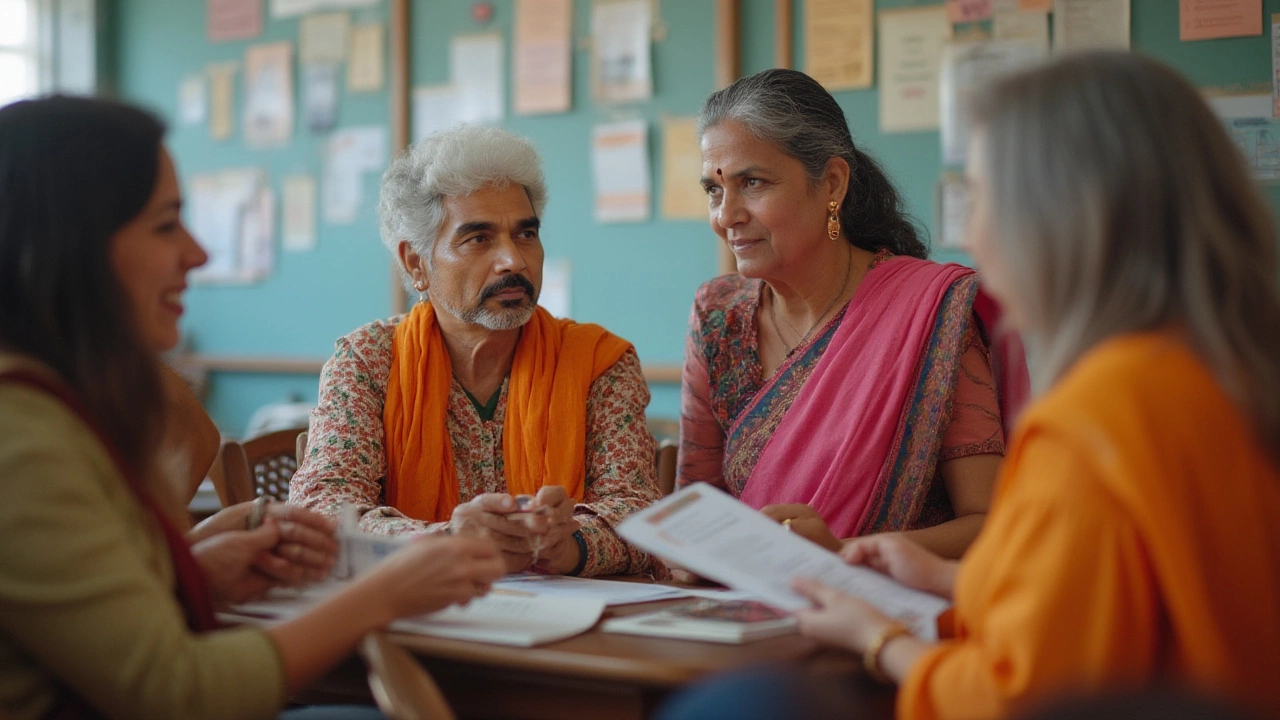
Eligibility, Application, and Common Questions
So who can get all this help? First off, age matters—most programs start at age 60, but some specialized services (like adult day care or Alzheimer’s support) use 55 or 65 as the threshold. Income is the second biggest factor—while emergency meals or energy help tend to prioritize the lowest-income households, other supports look at a broader picture, including disability, medical needs, or social isolation risk.
For proof, they’ll usually ask for identification, proof of income, and sometimes a letter from your doctor if you’re requesting in-home or medical-related help. And don’t stress about online forms if you’re not techy—all agencies offer assistance by phone and walk-in, plus printed forms at libraries and community centers. You don’t have to navigate this alone; the whole program is designed so someone will help you walk through the paperwork if needed.
- Tip: Start with your local Area Agency on Aging (AAA). They’re the main front doors for almost every service, from meals to Medicare counseling.
- Useful Fact: In 2024, the average monthly income limit for energy assistance programs in Virginia was about $2,800 for a two-person senior household. Property tax relief programs, which often save folks hundreds a year, can vary widely by county.
- If your income’s a little too high for one program, ask if there are sliding scales or if spots open up seasonally. Some programs have waiting lists but prioritize based on need, not just income.
Don’t want to slog through government websites? Here’s what you ask when calling or visiting your AAA office:
- "Can you check which Virginia Assistance Program for Seniors services I’m eligible for?"
- "What paperwork do I need to bring—can I get a checklist?"
- "Do you have home repair or utility bill help near me?"
- "How can my caregiver or family member apply for help on my behalf?"
- "Is there a waiting list for transportation, and what should I do in the meantime?"
Seniors often wonder about Medicare and Medicaid overlap. Yes, if you already have Medicaid, you’re usually eligible for even more help. Medicare counseling is totally free—trained advisors aren’t allowed to upsell you on anything, so don’t fall for private companies that want to charge money for this advice. Also, if your social circle is tiny, ask about friendly visitor or check-in calls, which can be a literal lifeline if bad weather hits.
Money-Saving Tips and Getting the Most from the Program
Let’s say you or your family member qualify for a few services—or maybe you’re right on the edge and not sure how to maximize what’s available. A few insider tips really help:
- Bundle services when possible. If you’re in a meal program, ask about add-ons like home repairs or tech help. Staff are trained to look for ways to stretch your benefits.
- If you’re nervous about technology, don’t be shy. Many AAA offices have training programs for smartphones, computers, and even smart medical devices. Tech literacy can open doors to telehealth and safe online shopping.
- Look for pilot programs—sometimes grants pop up for a limited number of participants. In 2025, Spotsylvania County launched a “Pet Meals for Seniors” initiative. Ask if your area has any small-scale projects you can join.
- Use transportation assistance for social activities, not just medical appointments. Staying engaged with other people keeps you healthier and less likely to need expensive services down the line.
- Ask about volunteers. Some programs offer friendly companion visits or ‘handy helper’ days—great for basic chores, yardwork, or even installing safety devices like handrails and smoke detectors.
- Apply early for winter or summer energy assistance. Deadlines and funds are limited, and demand often exceeds supply. If you miss this year, ask to be notified in advance for next year.
- Stay updated. Staff at the local AAA can alert you to workshops about fraud prevention, estate planning, and even fitness classes—all at steep discounts or free. In 2024, Henrico County had a yoga class specifically for arthritis sufferers that filled up within a week.
Another overlooked benefit: connections formed through group meals or wellness classes can turn into lasting friendships and neighborly support once the formal programs end. People who participate tend to help each other with rides, shopping, and even check in after storms. The Virginia Assistance Program for Seniors isn’t just about handing out aid—it’s about weaving seniors deeper into the fabric of their community for the long haul. The ripple effect from these programs can last well beyond the official age requirements—and that makes life better for everyone around.
